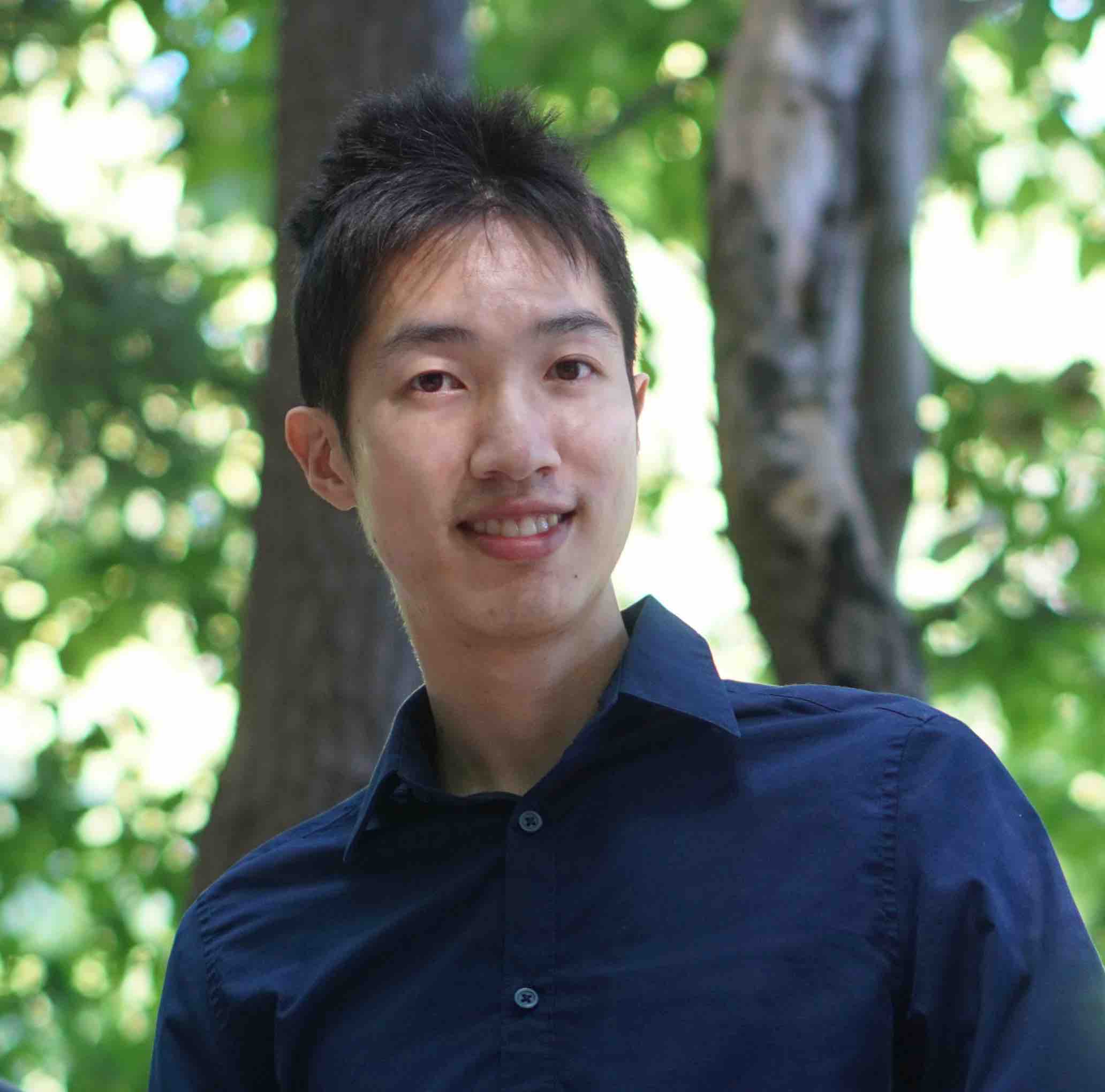
|
Christopher TorngAssistant ProfessorDepartment of Electrical and Computer EngineeringDepartment of Computer ScienceUniversity of Southern Californiactorng [at] usc [.] edu[ Google Scholar ] |
I am an Assistant Professor in the Department of Electrical and Computer Engineering (ECE) and in the Department of Computer Science by courtesy (CS) at USC, where I lead the Acorn Research Group. Previously, I was a postdoctoral researcher at Stanford University working with Mark Horowitz in the Stanford AHA Agile Hardware Project. During my PhD, I was advised by Christopher Batten at Cornell University.
Research
My research interests are in the area of computer architecture with an emphasis on domain-specific hardware accelerators, software/hardware co-design, agile chip development methodologies, and rapid chip prototyping. You can look at the Acorn Research Group page to see what I am currently working on!
Academic Appointments
- University of Southern California, Los Angeles, CA
2023 - present
Assistant Professor of Electrical and Computer Engineering - Stanford University, Stanford, CA
2019 - 2022
Postdoctoral Researcher in Electrical Engineering
Advisor: Mark Horowitz
Education
- Cornell University, Ithaca, NY
2012 - 2019
PhD in Electrical and Computer Engineering
Advisor: Christopher Batten
Thesis: Software, Architecture, and VLSI Co-Design for Fine-Grain Voltage and Frequency Scaling - Cornell University, Ithaca, NY
2008 - 2012
BS in Electrical and Computer Engineering
Teaching
- USC EE 599: Special Topic on Complex Digital ASIC System Design
Fall 2023
Instructor - USC EE 557: Computer Systems Architecture
Spring 2023
Instructor - Stanford EE 272: Design Projects in VLSI Systems
Winter 2020
Co-Instructor - Cornell ECE 2400 / ENGRD
2140 Computer Systems Programming
Fall 2017
Lead Graduate Teaching Assistant - Cornell ECE 4750 / CS
4420 Computer Architecture
Fall 2014
Lead Graduate Teaching Assistant - Cornell CURIE
Academy
Summer 2014
Lead Graduate Teaching AssistantEducational outreach program for high school girls focusing on exploring STEM fields and taking a deeper dive into computer engineering
- Cornell ENGRG
1060 Exploration in Engineering Seminar
Summer 2013
Graduate Teaching AssistantEducational outreach targeted at introducing high school students to STEM fields through an Arduino-based robotics lab
- Cornell ECE 4750 / CS
4420 Computer Architecture
Fall 2011
Undergraduate Teaching Assistant
Tutorials and Workshops
- Workshop on
Democratizing Domain-Specific Accelerators
Yufei Ding,Christopher Torng , Po-An Tsai, Hung-Wei Tseng
56th IEEE/ACM International Symposium on Microarchitecture (MICRO), October 2023 - Workshop on
Democratizing Domain-Specific Accelerators
Yufei Ding,Christopher Torng , Po-An Tsai, Hung-Wei Tseng
55th IEEE/ACM International Symposium on Microarchitecture (MICRO), October 2022 - PyMTL: A Python-Based Framework for Hardware Generation,
Simulation, and Verification
Christopher Batten, Shunning Jiang,Christopher Torng , Yanghui Ou, Peitian Pan
ACM/IEEE International Symposium on Computer Architecture (ISCA), June 2019
Service
Program Committees
- International Symposium on Computer Architecture (ISCA)2023 - 2024
- International Symposium on Microarchitecture (MICRO)2020 - 2023
- International Symposium on High-Performance Computer Architecture (HPCA)2024
- IEEE Transactions on Computers (TC)2022
- ACM Transactions on Architecture and Code Optimization (TACO)2021
- IEEE MICRO2020
- IEEE Transactions on Circuits and Systems (TCAS)2016
External Review Committees
- International Symposium on Computer Architecture (ISCA)2022
- International Symposium on High-Performance Computer Architecture (HPCA)2021
Organizing Committees
-
Workshop on Democratizing Domain-Specific Accelerators (WDDSA)2023
Co-Organizer, co-located at MICRO -
Workshop on Democratizing Domain-Specific Accelerators (WDDSA)2022
Co-Organizer, co-located at MICRO